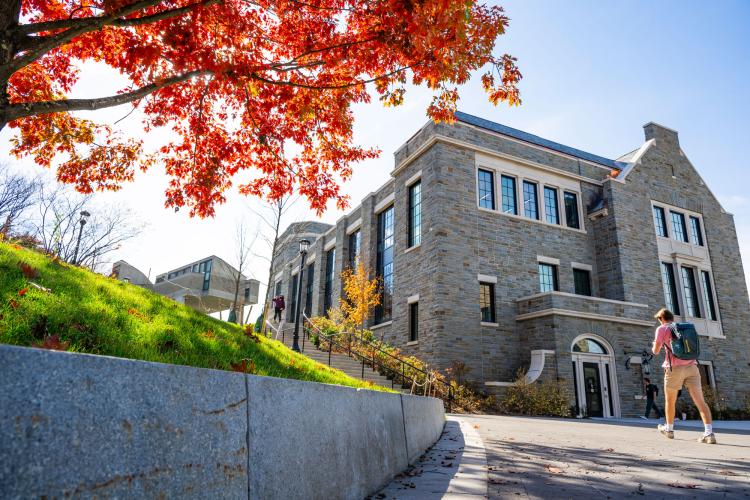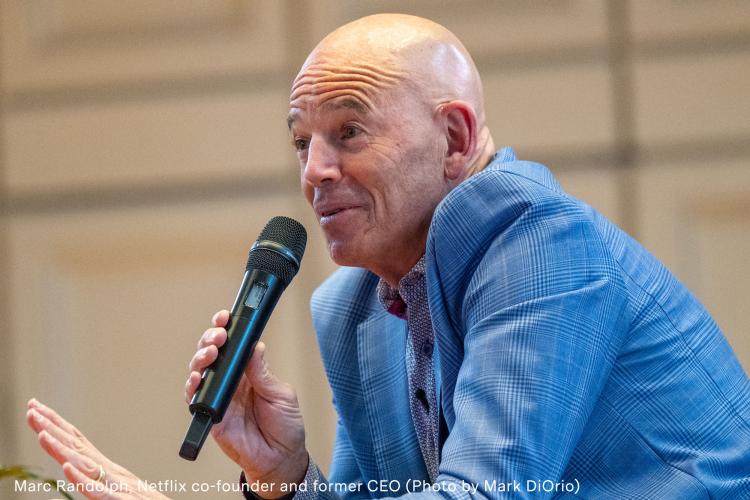Dear Members of the Colgate Community,
I write to announce the launch of the next phase of the Colgate Commitment, the University’s long-term initiative to increase student access and affordability, supporting Colgate’s efforts to recruit the most talented students. This initiative, first launched in 2020, is an essential piece of Colgate’s Third-Century Plan. Its expansion reflects Colgate’s continued pursuit of the robust future that the Plan sets forth.
Two major changes in the Colgate Commitment have been endorsed by the University’s Board of Trustees. These are:
- Beginning with the 2023–24 academic year, as we welcome the Class of 2027, all Colgate students from families with annual income levels up to $175,000 will have their federal loans replaced with University grants — an expansion from the current family income level of $150,000. This is part of Colgate’s efforts to reduce the burden of student debt on its graduates.
- For students on financial aid, aid packages have expanded to meet the average cost for textbook and other classroom expenses as part of Colgate’s efforts to meet the full cost of attendance beyond tuition. This is an important step in ensuring that student academic choices and experiences are not constrained by demonstrated financial need.
As a continuing part of the Colgate Commitment, students from families with incomes below $80,000 will attend Colgate tuition-free. Colgate will continue to cap tuition costs at 5% of income for families with incomes between $80,000 and $125,000, and cap tuition costs at 10% for families with incomes between $125,000 and $150,000. Further, the University reaffirms its longstanding tradition of meeting 100% of all student’s demonstrated financial need.
In total, since the launch of this Third-Century initiative, Colgate has added several million dollars in new student support, resulting in a total annual financial aid budget of $76 million. These additional investments in Colgate students have been made possible by the remarkable support of Colgate alumni, parents, and friends as well as through direct investments made by the University within Colgate’s operating budget.
On behalf of Colgate, its students, faculty, and staff, I thank all those who have generously provided the resources to make the expansion of this initiative possible.
Brian W. Casey
President



